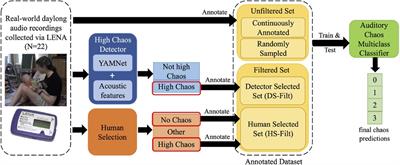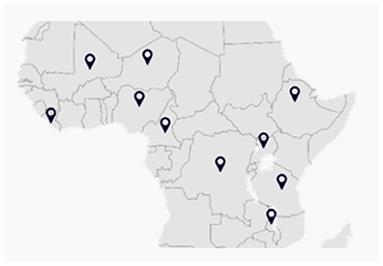REVIEW
Published on 25 Nov 2024
Focused review on artificial intelligence for disease detection in infants
doi 10.3389/fdgth.2024.1459640
- 863 views
2,245
Total downloads
10k
Total views and downloads
REVIEW
Published on 25 Nov 2024
ORIGINAL RESEARCH
Published on 21 Dec 2023

POLICY AND PRACTICE REVIEWS
Published on 17 Mar 2022
